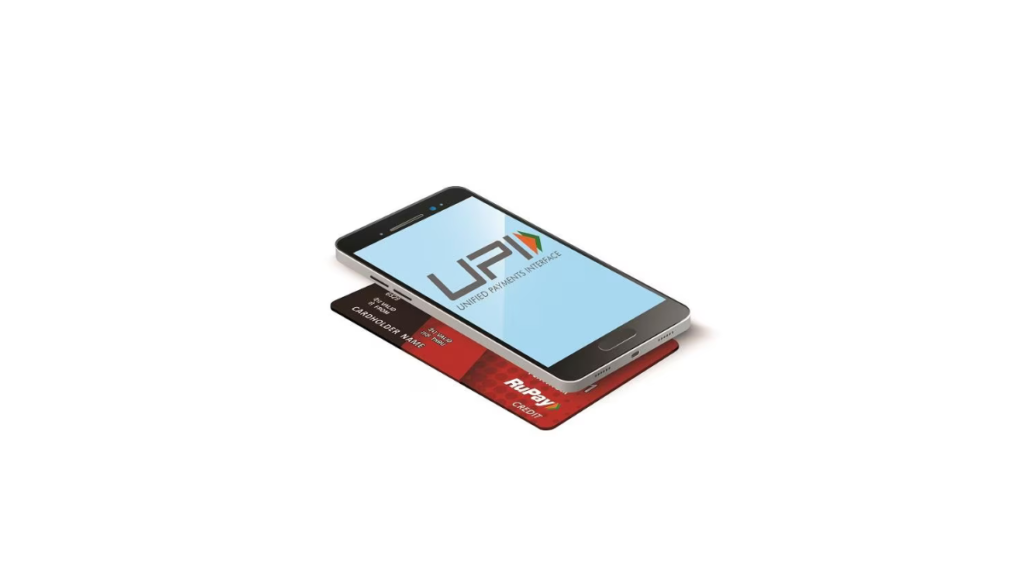
India's UPI Technology Transforming Global Transactions
India’s UPI Technology Transforming Global Transactions: In the fast-paced world of digital finance, India has emerged as a frontrunner with its groundbreaking Unified Payments Interface (UPI) technology. UPI, a real-time payment system that facilitates seamless money transfers between bank accounts through mobile devices, is reshaping the landscape of small transactions globally. This revolutionary system has not only simplified financial transactions within India but also holds the potential to change the global game for small transactions conducted via mobile phones.
Table of Contents: India’s UPI Technology Transforming Global Transactions

The Rise of UPI in India
Introduced in 2016 by the National Payments Corporation of India (NPCI), UPI has experienced exponential growth within the country. The adoption rate has been staggering, thanks to its user-friendly interface, convenience, and interoperability across various banks and financial institutions. As of my last knowledge update in January 2022, UPI transactions in India had surpassed the 3 billion mark monthly, showcasing the widespread acceptance and reliance on this innovative payment method.
Key Features Making UPI a Global Contender
1. Simplicity and Accessibility:
One of UPI’s standout features is its simplicity. Users can initiate transactions with just a few taps on their smartphones, making it accessible to a broad spectrum of the population. This ease of use has contributed significantly to its popularity, especially among individuals who may not have a traditional banking background.
2. Interoperability:
UPI transcends the boundaries of different banks and financial institutions, allowing users to link multiple bank accounts to a single UPI ID. This interoperability has set a precedent for seamless transactions, irrespective of the user’s banking affiliations. The global financial sector could benefit greatly from a similar level of integration.
3. Security Measures:
Security is a paramount concern in digital transactions. UPI addresses this by incorporating two-factor authentication, ensuring that each transaction is secure. As the world grapples with increasing cybersecurity threats, the robust security measures of UPI could serve as a benchmark for other nations to enhance their own digital payment systems.
4. Innovation and Continuous Improvement:
The UPI system is not static; it continually evolves to meet the changing needs of users. Regular updates and the introduction of new features keep the system dynamic and aligned with the latest technological advancements. This commitment to innovation positions UPI as a forward-thinking solution that other countries could look to emulate.
Global Implications of UPI Technology
As India sets an example with the success of UPI on its home turf, the global financial ecosystem is taking note. Several countries are exploring ways to implement similar systems, recognizing the potential benefits for both consumers and the economy at large.
1. Financial Inclusion:
UPI has played a pivotal role in promoting financial inclusion in India by reaching remote areas where traditional banking services are limited. This model could inspire other nations to leverage mobile technology to bring financial services to the unbanked and underbanked populations.
2. Reducing Cash Dependency:
The world is gradually moving towards a cashless economy, and UPI has been a catalyst for this transition in India. A global adoption of similar technology could significantly reduce dependence on physical currency, leading to more transparent and efficient financial systems.
3. Boosting Small Transactions:
Small transactions form the backbone of daily economic activities. UPI’s success in facilitating quick and hassle-free small transactions sets a precedent for global systems to prioritize and streamline microtransactions, benefiting businesses and consumers alike.
Challenges and Considerations
While the potential for UPI-like systems to transform global transactions is immense, it is essential to consider the challenges and regulatory aspects. Cross-border transactions, data privacy concerns, and regulatory frameworks may vary from country to country, requiring careful navigation to ensure a smooth implementation.
Conclusion: India’s UPI Technology Transforming Global Transactions
India’s UPI technology has undeniably changed the game for small transactions via mobile phones within the country. As the world witnesses this transformative journey, other nations are poised to draw inspiration from India’s success story. The UPI model stands as a testament to the power of innovation, simplicity, and financial inclusion, offering a blueprint for a future where digital transactions are not just a convenience but a global standard. As countries work towards building their versions of UPI, the global financial landscape is on the brink of a significant paradigm shift.

TAGS: India’s UPI Technology Transforming Global Transactions, India’s UPI Technology Transforming Global Transactions, India’s UPI Technology Transforming Global Transactions, India’s UPI Technology Transforming Global Transactions, India’s UPI Technology Transforming Global Transactions, India’s UPI Technology Transforming Global Transactions, India’s UPI Technology Transforming Global Transactions, India’s UPI Technology Transforming Global Transactions, India’s UPI Technology Transforming Global Transactions, India’s UPI Technology Transforming Global Transactions, India’s UPI Technology Transforming Global Transactions, India’s UPI Technology Transforming Global Transactions





